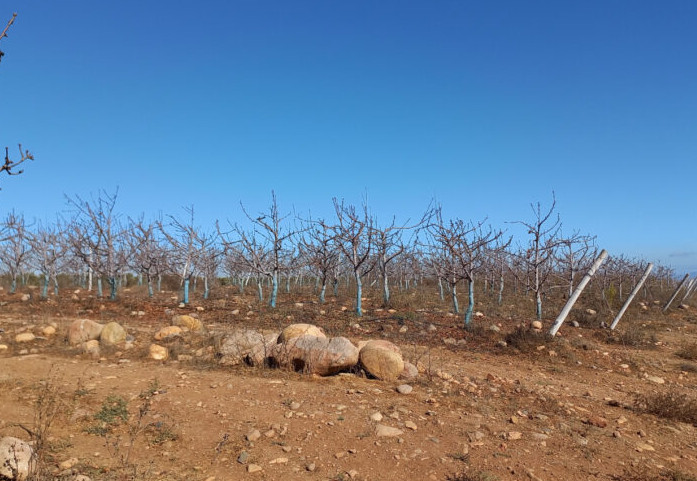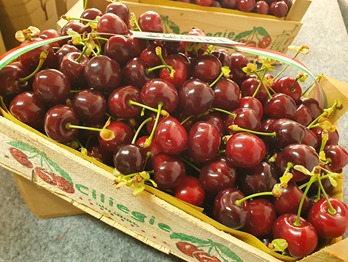China has begun operations to destroy approximately 1,300 containers of Chilean cherries that were irreparably damaged after the Saltoro ship from Maersk was stranded at sea for over 20 days.
The cargo, consisting of over 24,000 tons of fruit valued at more than $120 million (about €110 million), was officially rejected by Chinese authorities in early March.
Start of Operations
The removal of the cargo from the port of Nansha began on March 12, with the goal of clearing the area and initiating the disposal process, which is expected to take several days.
Local authorities organized the transfer to avoid interfering with port traffic, given the port’s strategic importance for international trade.
Disposal Management
To handle the destruction of such a large quantity of spoiled fruit, eight companies specializing in the disposal of perishable goods were selected.
Before the final destruction, however, the containers will undergo a thorough inspection by insurance company experts and representatives from Chilean exporting companies to document the actual condition of the goods and facilitate the start of compensation procedures.
Timelines and Economic Consequences
Maritime insurance experts estimate that the compensation process could take between three to six months. However, considering the financial scale of the damage and the bureaucratic complexity, further delays cannot be ruled out.
This incident represents a heavy blow to Chile’s cherry industry, which has spent years building a prominent position in the Chinese market — one of the most profitable and fast-growing for this product.
Chilean producers fear repercussions not only for the current season but also for the reputation of future exports. Industry associations are already calling for a review of logistics procedures and transport policies to prevent similar situations from happening again.
Global Impact
At an international level, the fruit and vegetable sector is closely monitoring the situation. Events of this scale can influence consumer perception of the quality of imported products and disrupt global trade dynamics in an environment already marked by logistical difficulties and economic instability.
Source: Fruitnet
Cherry Times - All rights reserved











